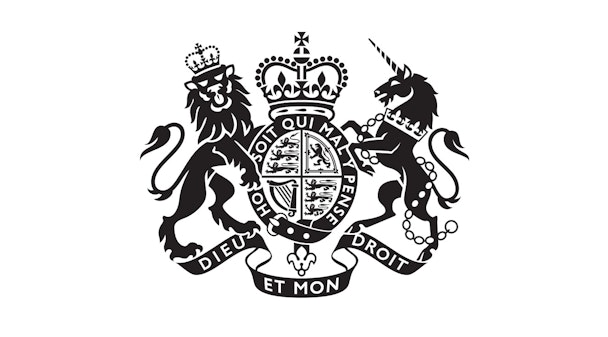UK law change holds social and search companies responsible for scam ads they host
The UK Government’s department for culture, media and sport (DCMS) is clamping down on the prevalence of paid-for fraudulent advertising by tightening up the Online Safety Bill to legally oblige social media platfforms and search engines to avoid hosting any scam ads.

This law change holds social and search providers responsible for scam ads
The beefed-up internet safety laws come as the government consults on how online advertising regulations can be re-engineered to promote transparency and accountability while nixing an avalanche of harmful, fraudulent and misleading marketing material.
Explaining what the written legal duty means in practice, Geraint Lloyd-Taylor of law firm Lewis Silkin remarked: “The advertisers themselves will continue to answer to the Advertising Standards Authority (ASA), as the ASA will continue to be the relevant regulator when it comes to the content of those ads. In more serious cases of fraudulent and scam ads, the police and other regulators will continue to play a role in prosecuting the individuals and companies that created and paid for the scam ads, though that is easier said than done in practice.
“Ofcom’s role, on the other hand, will be to ensure that platforms themselves take their responsibility seriously by taking reasonable steps to ensure those ads don’t make it on to their platforms in the first place, and ensuring that ‘repeat offenders’ are banned from placing harmful ads on their platforms. If platforms fail in those duties, it is very likely Ofcom will be empowered to impose significant financial penalties.”
One aspect of the law change will be to protect celebrities and companies from identity theft by criminals keen to exploit their recognition to steal personal data, promote high-risk financial investments or gain access to people’s bank accounts.
Martin Lewis, founder of MoneySavingExpert.com and the Money and Mental Health Policy Institute, is a regular victim of brazen Facebook scammers using his likeness to dupe others. Welcoming the updated bill, he said: “We are amidst an epidemic of scam adverts. Scams don’t just destroy people’s finances – they hit their self-esteem, mental health and even leave some considering taking their own lives.
“The government now accepting the principle that scam adverts need to be included, and that firms who are paid to publish adverts need to be responsible for them, is a crucial first step. Until now, only user-generated scams were covered – which risked pushing more scam ads, incentivizing criminals to shift strategy. Yet it is a complex area. Now we and others need to analyze all elements of this new part of the bill, and work with the government and parliament to close down the hiding places or gaps scammers can exploit.”
Tougher rules don’t end here, with the government proposing enhanced powers for regulators to impose new rules and sanctions against toxic ads for illicit activities, weapon sales and the promotion of negative body images. A clampdown on influencers who fail to declare product placement income is also on the cards.
The move hasn't been universally welcomed however with Jon Mew, CEO, IAB UK, voicing concern over unnecessary fragmentation of the regulatory response. He said: "... the UK digital advertising industry wants to play its part in restricting, detecting and disrupting scam ads. However, the regulatory coherence that we believe the Online Advertising Programme (OAP) can deliver on this and other issues is undermined by provisions on ‘fraudulent advertising’ being added to the Online Safety Bill (OSB). The decision to duplicate the focus on scam ads across both programmes creates unnecessary regulatory fragmentation and risks constraining proper policy development.
"To announce legislative changes on the same day as launching such a wide-ranging consultation on the sector undermines the purpose of the OAP and could pre-empt its outcomes.
"We are also concerned that the widened scope of the OSB has not been subject to industry consultation and that it could have unintended consequences for legitimate advertisers - particularly small businesses - if it is applied across the board."
At present, the content and placement of online adverts are overseen by the ASA under a system of self-regulation, but recent technological developments have opened the floodgates to a spate of investment scams, fraudulent products and services and fake celebrity endorsement.
Options on the table include a strengthening of the current self-regulation approach or the creation of a new statutory regulator with powers to enforce a code of conduct, increase scrutiny of high-risk ad categories and repeated rule breakers, and the power to audit and request transparency reports from companies.
Content created with:

UK Government
Find out about the government response to coronavirus (COVID-19) and what you need to do.
Find out more
